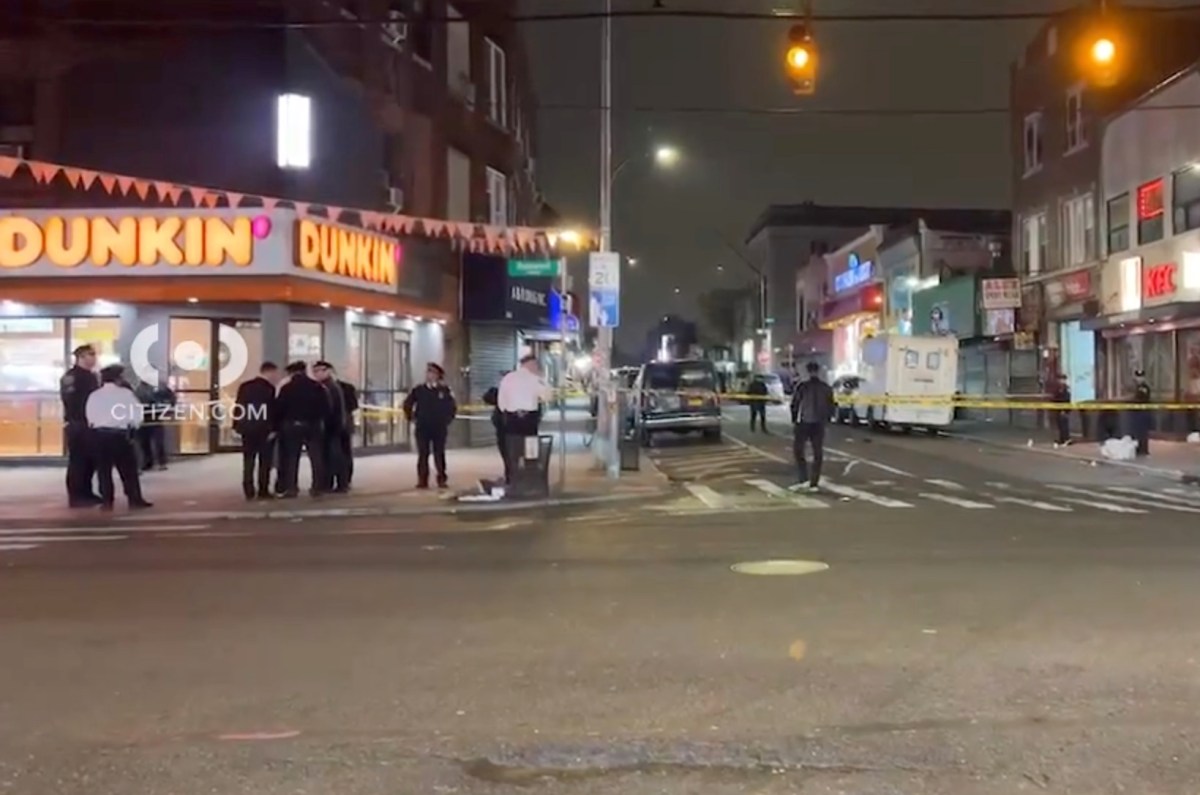By Philip Newman
A Jamaica man who captured a rape suspect in a subway station and the victim of the attack were among dozens who implored transit officials not to eliminate token clerks lest the stations decline into dens of crime and terror.
Christine Balance and Jeffrey Wright appeared along with dozens of others who testified before a City Council Transit Committee hearing last week on transit officials’ plans to begin replacing token clerks with MetroCard dispensing machines.
In Queens token booths in eight stations on the A, E, F, G and J lines were slated to be closed and hours at three others on the E, F and G lines were scheduled to be reduced.
“I’m so very grateful to the token clerk,” said Balance. “If no one was there, my perpetrator would still be out there.”
Jeffrey Wright of Jamaica, a corrections officer, told of walking through the Canal Street station the night of Jan 29. He said another subway rider alerted him that a woman had just been raped. Wright said he chased down and overpowered the suspect.
“While struggling with this man, I nodded my head to the token clerk, who notified authorities,” Wright said.
Committee Chairman Noach Dear (D-Brooklyn) praised both Balance and Wright for their courage at the scene of the crime and to Balance, in particular, for testifying.
Transit Authority President Lawrence Reuter said his agency’s top priority was safety. He said 137 token booth jobs would be eliminated by attrition next month and 35 booths staffed part time would be closed. He said all 24-hour booths would remain that way.
“We don’t want to jeopardize anyone’s safety,” Reuter said.
In perhaps two years, the TA’s plan is to remove remaining token clerks from booths and use them as roving agents to assist customers with vending machines and keep a watch for criminal activity.
The move toward elimination of the clerks is because 85 percent of riders of New York City subways and buses — more if only subways are counted — have forsaken the token for the MetroCard.
In the three-hour hearing, straphangers, transit union officials, token clerks, neighborhood activists and transit advocates warned that subway stations without a human presence would deteriorate to a point so dangerous that ridership would suffer.
“What the TA is planning here constitutes a cultural change for the people of New York,” said Roger Toussaint, president of Local 100 of the Transport Workers Union, which represents the 33,000 workers of the transit system.
“When you descend those flights of stairs into that station, you have come to expect a person is there to help you in case of danger. A station agent can save your life. In fact, many lives have been saved by these agents.”
Toussaint suggested the Transit Authority had been far from forthcoming about its plan to remove token clerks from booths.
“Why was this plan shrouded in so much secrecy?” Toussaint asked. “We asked them if they had any such intentions. Again and again they denied it.”
Many speakers told the City Council Transit Committee of incidents in which lives were saved or criminals captured because token clerks were on the job.
Eugene Sirinano, a token clerk, said he was on duty at the elevated station at Sutter Avenue in Brooklyn when he heard gunfire below.
“A man rushed up to my booth and pulled up his shirt to display a bloody wound and told me he had been shot,” Sirinano said.
Sirinano summoned police and an ambulance.
Tina Chan, vice president and transportation chairman of the Queens Civic Congress, said the Metropolitan Transportation Authority is “unresponsive.”
“They don’t listen to us. They know what’s best for everybody and they do what they want.”
Reach contributing writer Philip Newman by e-mail at TimesLedger@aol.com or call 229-0300, Ext. 136.





























